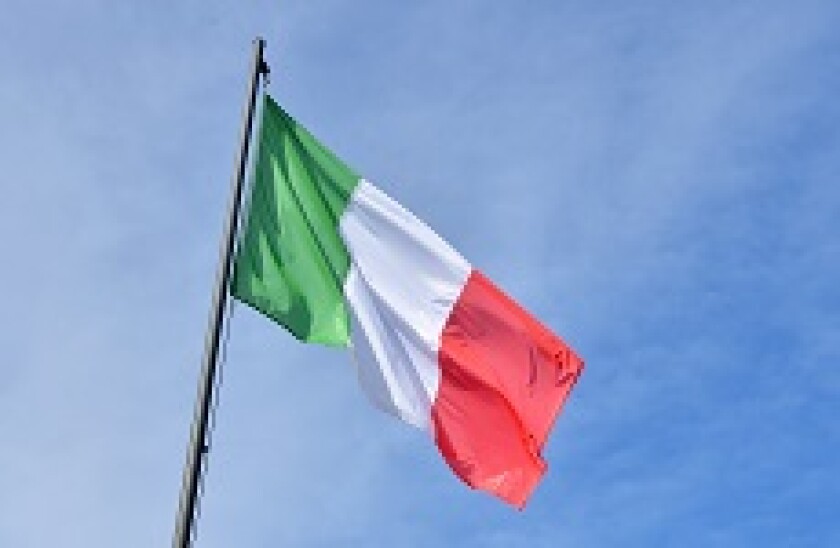The BTP Futura is entirely retail-focused, meaning it will tap into Italy’s thoroughly respectable pile of private savings as a means of raising cash to fight the impact of coronavirus and encourage economic growth.
Europe is offering concessional lending to members of the eurozone via the ESM’s crisis support facility. The equivalent of 2% of Italian GDP will be available for loans of up to 10 years. According to the ESM’s own figures, its 10 year loans provide a 1.89% saving versus what the Italian government would have to pay in the bond market.
While this is a substantial saving, the value of the Italian retail market should not be underestimated. Italian savings are projected to be around 19.9% of GDP in 2020, almost 10 times the amount available through the ESM. Retail orders accounted for nearly €14bn in the latest BTP Italia. While the first BTP Futura is unlikely to generate the same volume, over its lifespan, it could provide a very healthy amount of funding.
By leaning on retail investors, Italy gets an opportunity to relieve the pressure on its wholesale market borrowing activities.
It is difficult to estimate the impact of the retail market on Italy’s overall borrowing cost. During the last BTP Italia operation, the Italian curve performed extremely well, although this was likely due to positive news around the EU recovery plan. But it is inarguable that reducing the pressure on the institutional market and showing another means of raising large sums of cash is a good thing for Italy’s credit.
Perhaps more importantly, it provides additional resources without Italy having to look externally. Opinion is divided on whether drawing ESM facilities would create a damaging stigma, but some are concerned enough about the possibility that they intend to avoid the instrument.
Italy is still mulling the prospect of ESM lines. While they would offer a saving on debt servicing costs, political reluctance to have spending dictated by lenders could make accepting the loans unpalatable, even though the conditions are light (requiring only that the funds finance health expenditure). Between that and the risk of the stigma of taking European aid, Italy may decide to forgo the help of the ESM as others have already.
If that is the case, its retail investor base will become more important than ever.

